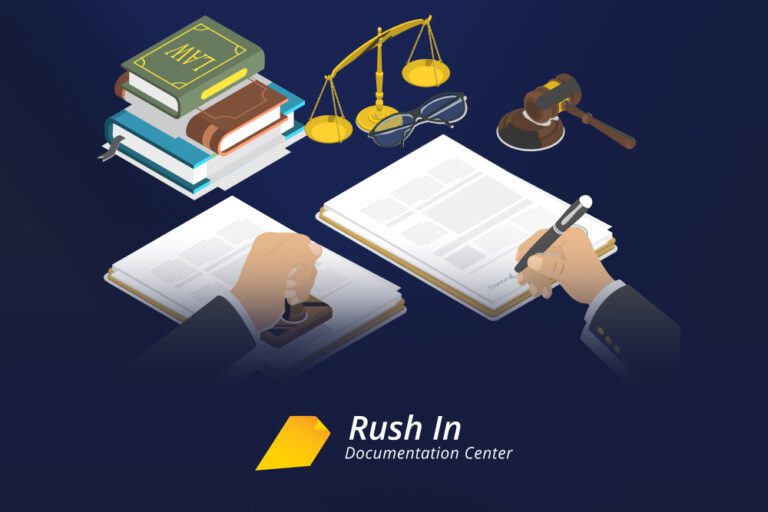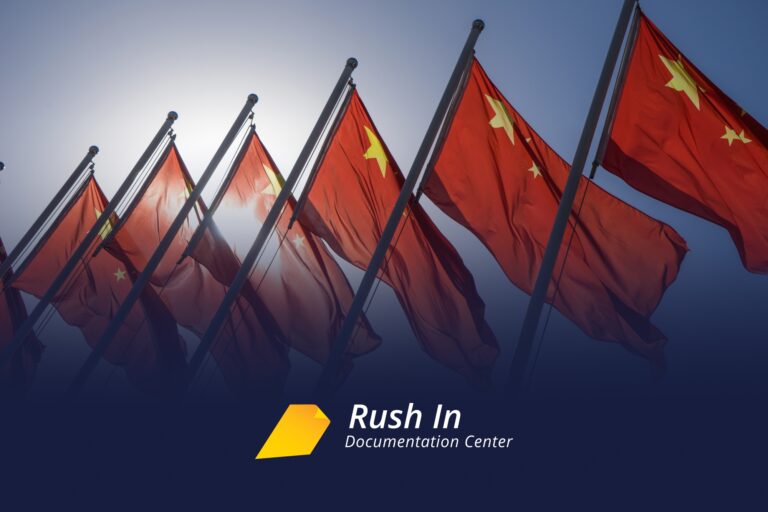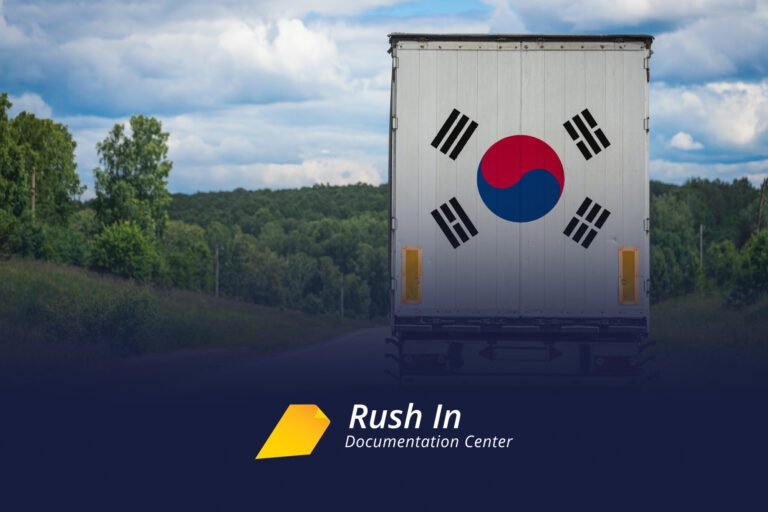
What is a Certified Copy?
How to Obtain Certified Copies
1. Identify the Type of Document
The journey begins with a clear understanding of the type of document you need certified. Different documents may require document translation services or notarization processes. Whether it’s a legal contract, educational transcript, or identification document, knowing the nature of your document sets the stage for the subsequent steps.
2. Determine the Purpose of Certification
Why do you need the certified copy? Understanding the purpose behind the certification helps in choosing the appropriate certifying authority and ensuring that the certification meets the specific requirements. Legal matters, international transactions, or educational pursuits may have distinct certification needs.
3. Gather the Original Document
Before heading to the certifying authority, ensure you have the original document in hand. Certification of a copy involves comparing it directly with the original to confirm its accuracy. Without the original document, the certifying process cannot proceed.
4. Verify the Authority's Requirements
Copy certification by document custodians may have specific requirements and procedures. Check whether there are any prerequisites, such as filling out specific forms, providing identification, or paying certification fees. This proactive approach helps streamline the process and avoids unnecessary delays.
5. Visit the Certifying Authority
Once you’ve gathered the necessary documents and verified the requirements, visit the chosen certifying authority. Present the original document and express your intent to obtain a certified copy. Be prepared to follow any additional instructions provided by the certifying authority.
6. Pay Any Applicable Fees
In many cases, obtaining a certified copy involves paying certification fees. These fees can vary based on the type of document and the certifying authority. Confirm the applicable fees beforehand to avoid surprises during the process.
Where to Get Certified Copies
The first step is finding the right place to get your documents certified. This is not a one-size-fits-all scenario. Look for authorized notaries, government offices, or agencies specializing in document certification. The key is to choose a reliable source that ensures the authenticity of the certified copy.
Do Certified Copies Need to be Apostilled?
- International Transactions. If you’re dealing with documents that need to be used in a foreign country that is part of the Hague Apostille Convention, apostille services are generally required. This could include legal documents, educational transcripts, or certificates.
- Legal Recognition. An apostille ensures that the certified copy is legally recognized in the destination country. It simplifies the process of verifying the authenticity of the document and the certification.
- Hague Apostille Convention. Not all countries are part of the Hague Apostille Convention. Different authentication or legalization procedures may be required if the destination country is not a member of this agreement.
- Check Specific Requirements: It’s crucial to check the specific requirements of the country where the document will be used. Some countries may have additional requirements beyond an apostille, such as consular legalization.

Documents That Need to be Copy Certified for Apostille
1. Passports (US or Foreign)
Passports often play a crucial role in international transactions, visa applications, or residency processes. A certified copy of the passport ensures that the reproduced copy is a true and accurate representation of the original, meeting the standards required for legal and official purposes.
2. Driver’s License
Driver’s licenses can be needed for various legal and identification purposes. Certified copies of driver’s licenses hold weight in legal matters, providing a verified duplicate that is recognized and accepted.
3. Utility Bill
Utility bills may be required for address verification in legal or residency matters. A certified copy of a utility bill assures authorities that the reproduced document accurately reflects the original, adding a layer of authenticity.
4. Diplomas
Diplomas are vital for academic and professional pursuits, especially when dealing with international institutions. Certified copies of diplomas ensure that academic achievements are accurately represented, facilitating recognition in various jurisdictions.
5. Transcripts
Academic transcripts provide a comprehensive record of an individual’s educational history. Copy-certifying transcripts are essential for maintaining the integrity of academic records and are often required for admissions, job applications, or licensing processes.
6. Wills
Wills are critical legal documents that outline an individual’s wishes regarding their estate. A certified copy of the will may be needed for probate or legal proceedings, and the certification ensures the accuracy of the reproduced document.
7. Vehicle Titles
Vehicle titles establish ownership and are necessary for various legal and transactional purposes. Certified copies of vehicle titles provide a verified record of ownership, facilitating transactions or legal proceedings.
8. Certificate of Naturalization (Copy certified by the local USCIS office)
Certificate of Naturalization is crucial for individuals who have become U.S. citizens. Copy certifying this document through the local USCIS office ensures its authenticity, making it acceptable for legal and official purposes.
FAQs About Certified Copies
What Does a Certified Copy Mean?
A certified copy is a duplicate of an original document validated by an authorized entity to be an accurate reproduction.
Who Can Certify a Document?
Authorized individuals, including notaries, government officials, and document custodians, can certify documents.
What Constitutes a Certified Copy?




